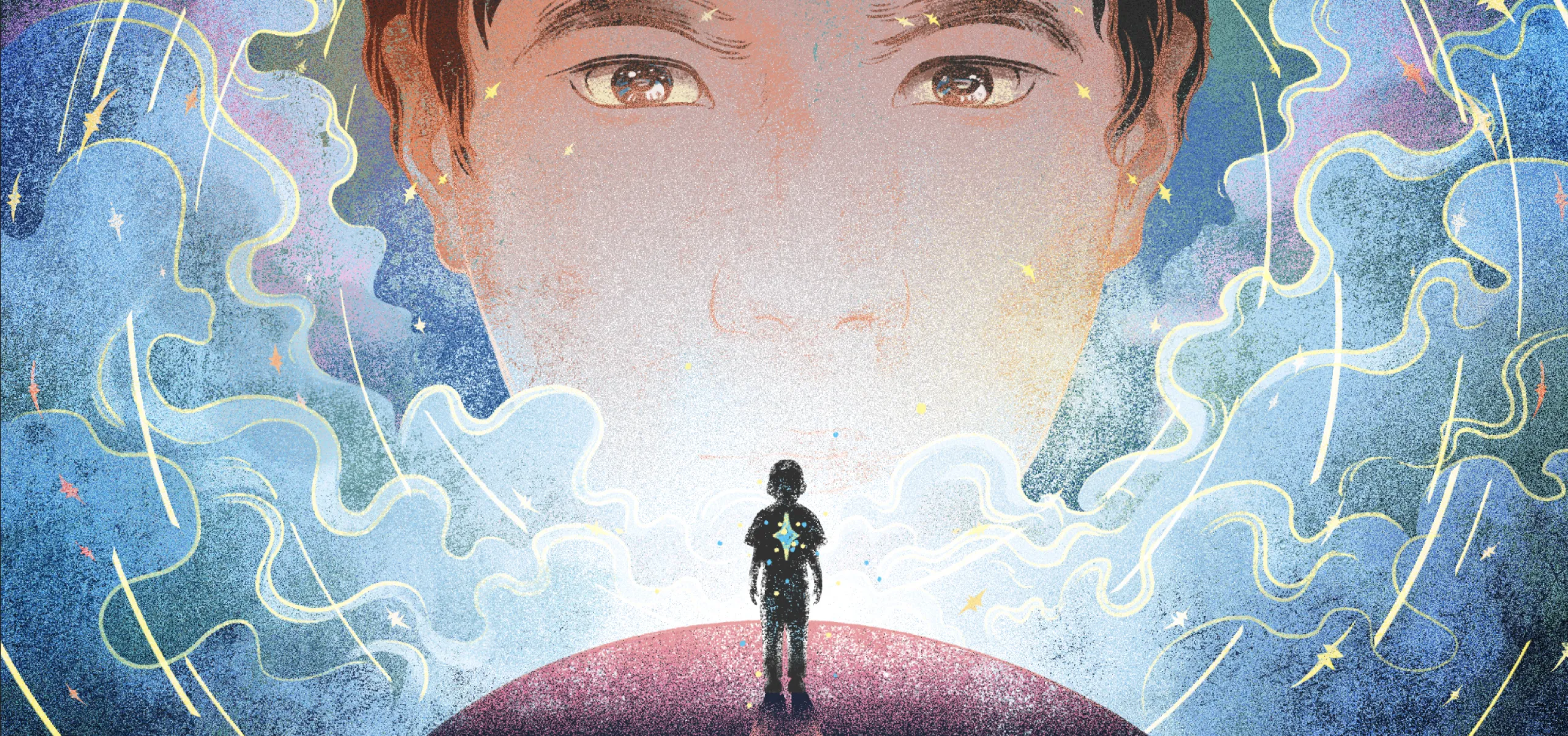The case of Shanti Devi is one of the most well-documented and intriguing instances of reincarnation ever recorded. It captivated the world in the 1930s, drawing the attention of researchers, scholars, and even Mahatma Gandhi himself. This story, originating from India, raises profound questions about the nature of consciousness, the possibility of life after death, and the very essence of our being.
A Child’s Unforgettable Memories
Shanti Devi was born in Delhi, India, in 1926. From a very young age, she began exhibiting unusual behavior. While most children start speaking around the age of one or two, Shanti remained silent until she was four. When she finally began to speak, her words were not those of a typical child. She spoke of a past life, a life she claimed to remember vividly.
Her pronouncements were startlingly specific. She told her parents that her real home was in Mathura, a town about 160 kilometers away from Delhi, a place she had never visited. She described her past life in great detail, including her name, Lugdi Devi, her husband, Kedarnath, and even the circumstances of her death, which she said occurred shortly after giving birth to a son.
Shanti’s parents initially dismissed her claims as childish fancies. But as her stories persisted, becoming increasingly detailed and consistent, they began to take notice. She spoke of her past life with such conviction and specificity that it was hard to ignore. She described her former husband’s appearance, his shop, and even the location of their home in Mathura.
The Search for Truth
The news of Shanti Devi’s claims reached the ears of the school principal, who was intrigued by her unusual behavior. He decided to investigate her story, writing a letter to a man named Kedarnath in Mathura, a merchant who matched Shanti’s description of her past life husband.
To his surprise, Kedarnath responded, confirming that his wife, Lugdi Devi, had died ten years prior, shortly after giving birth to their son. He also agreed to visit Shanti Devi in Delhi, along with his son and a cousin.
When Kedarnath arrived, he was introduced to Shanti Devi as his elder brother. However, Shanti immediately recognized him, addressing him as her husband and expressing deep emotion. She spent hours talking to Kedarnath, sharing intimate details about Lugdi Devi’s life that only she could have known.
Mahatma Gandhi’s Involvement
The story of Shanti Devi spread like wildfire across India. The media covered it extensively, and the public was captivated. The case caught the attention of Mahatma Gandhi, who, in 1935, formed a commission to investigate Shanti Devi’s claims.
The commission, composed of prominent individuals, including politicians and researchers, conducted a thorough investigation. They interviewed Shanti Devi, her parents, and Kedarnath. They also traveled with her to Mathura, where she guided them to her former home and identified various landmarks.
The commission’s report, published in 1936, concluded that there was no rational explanation for Shanti Devi’s knowledge and behavior. They found her claims to be remarkably accurate and consistent, and they accepted the possibility of reincarnation as a plausible explanation.

A Case for Reincarnation?
The story of Shanti Devi has been a source of debate and discussion for decades. While some dismiss it as a case of extraordinary coincidence or even fabrication, others see it as compelling evidence for the reality of reincarnation.
Those who believe in reincarnation point to the following:
- The specificity of Shanti Devi’s memories: She provided detailed information about her past life, including names, locations, and events, that she could not have known otherwise.
- The accuracy of her claims: Her descriptions of her past life were corroborated by independent sources, including Kedarnath and other residents of Mathura.
- The emotional impact of her experiences: Shanti Devi exhibited genuine emotion when she met Kedarnath and his son, suggesting a deep connection to her past life.
Skeptical Perspectives
However, skeptics raise several arguments against the reincarnation hypothesis:
- The possibility of deception: Some argue that Shanti Devi’s claims were fabricated, perhaps influenced by her parents or others who sought to exploit the situation.
- The unreliability of memory: Memories, especially those from childhood, can be distorted or even entirely false. It is possible that Shanti Devi’s claims were based on misremembered events or even imagination.
- The lack of scientific evidence: While the case of Shanti Devi is well-documented, there is no scientific proof of reincarnation. The phenomenon remains outside the realm of scientific inquiry.
The Enduring Mystery
Despite the debate, the story of Shanti Devi continues to fascinate and intrigue. It raises profound questions about the nature of consciousness, the possibility of life after death, and the enduring mystery of our existence.
The case of Shanti Devi serves as a reminder that the human mind is capable of extraordinary things. Whether it is a testament to reincarnation, an example of extraordinary memory, or simply a remarkable coincidence, it remains a compelling story that continues to stir the imagination and challenge our understanding of the world.
A Deeper Exploration
Beyond the surface-level debate, the case of Shanti Devi presents an opportunity for deeper reflection. It invites us to consider:
- The nature of consciousness: If Shanti Devi truly remembered her past life, what does that tell us about the nature of consciousness? Is it something that exists independently of the physical body?
- The possibility of life after death: If reincarnation is real, what does that mean for our understanding of death? Is it an end or a transition?
- The role of spirituality: The case of Shanti Devi has been interpreted by many as evidence for spiritual beliefs, particularly those related to reincarnation and karma. How does this story fit into our understanding of spirituality?
The answers to these questions may lie beyond the realm of science, but they are nonetheless crucial to our understanding of ourselves and our place in the universe. The story of Shanti Devi encourages us to explore these questions with open minds and hearts, to embrace the mystery and wonder that surrounds us.

